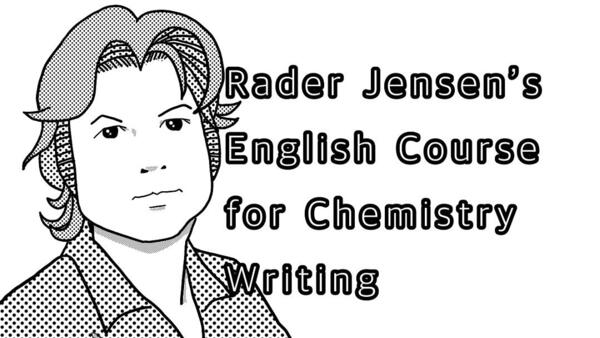CSJ Journals
[化学論文のための英語講座] 第66回:句読点の概要
(English version is here.)
近年、英語圏で話題になっているのが、現代人が句読点を正しく使えなくなっているということです。英語を母国語としない人たちではなく、英語を母国語とする人たちが正しく使えないのです。何故でしょうか?理由はたくさんあって、面白い話題になると思いますが、今回はそれに触れません。私たちにとってより重要なのは、自分自身の思っていることを正しく伝えることだと思います。
句読点の役割はなんでしょうか?
句読点は文章の要素を分けて、整理し、流れを決めます。句読点の有無や位置によって意味が異なるでしょうか?勿論異なります。非常にわかりやすい例を挙げましょう。今回は化学以外の例を挙げます。以下の例文の違いはなんでしょうか?
1. Gather Young Chemists.
2. Gather, Young Chemists.
日本語に直したら:
1. 若い化学者を集めなさい
2. 集え、若き化学者たち(当会のブログ企画のタイトルでもあります)
意味はかなり違いますね。
英語で必要不可欠な句読点はピリオド「句点」とコンマ「読点」です。さらにコロン、セミコロン、ハイフンや引用符も頻繁に使います。まずは句点と読点の使い分けを心がけてみましょう。
次回は句点についてです。
A recent discussion topic in the Anglosphere has been that people no longer use punctuation properly. Not non-native English speakers, but native English speakers are unable to use punctuation correctly. Why is this? There are many reasons, and they would make an interesting topic for discussion, but we will not touch on those now. What is important for us is correctly conveying our own ideas.
What is the role of punctuation?
Punctuation separates and organises the elements of a sentence, and sets the flow. Does the presence or absence and position of punctuation change meaning? It certainly can change meaning. Let us raise a very easily understandable example. What is the difference in the following sentences?
1. Gather Young Chemists.
2. Gather, Young Chemists.
The first sentence instructs the listener to gather young chemists. The second sentence instructs young chemists, the listeners, to gather. The meaning is substantially different.
In English, the period and comma are indispensable. Furthermore, colons, semicolons, hyphens and quotation marks are frequently used. First, let us remember how periods and commas are used.
At next time, we will post about Período.
